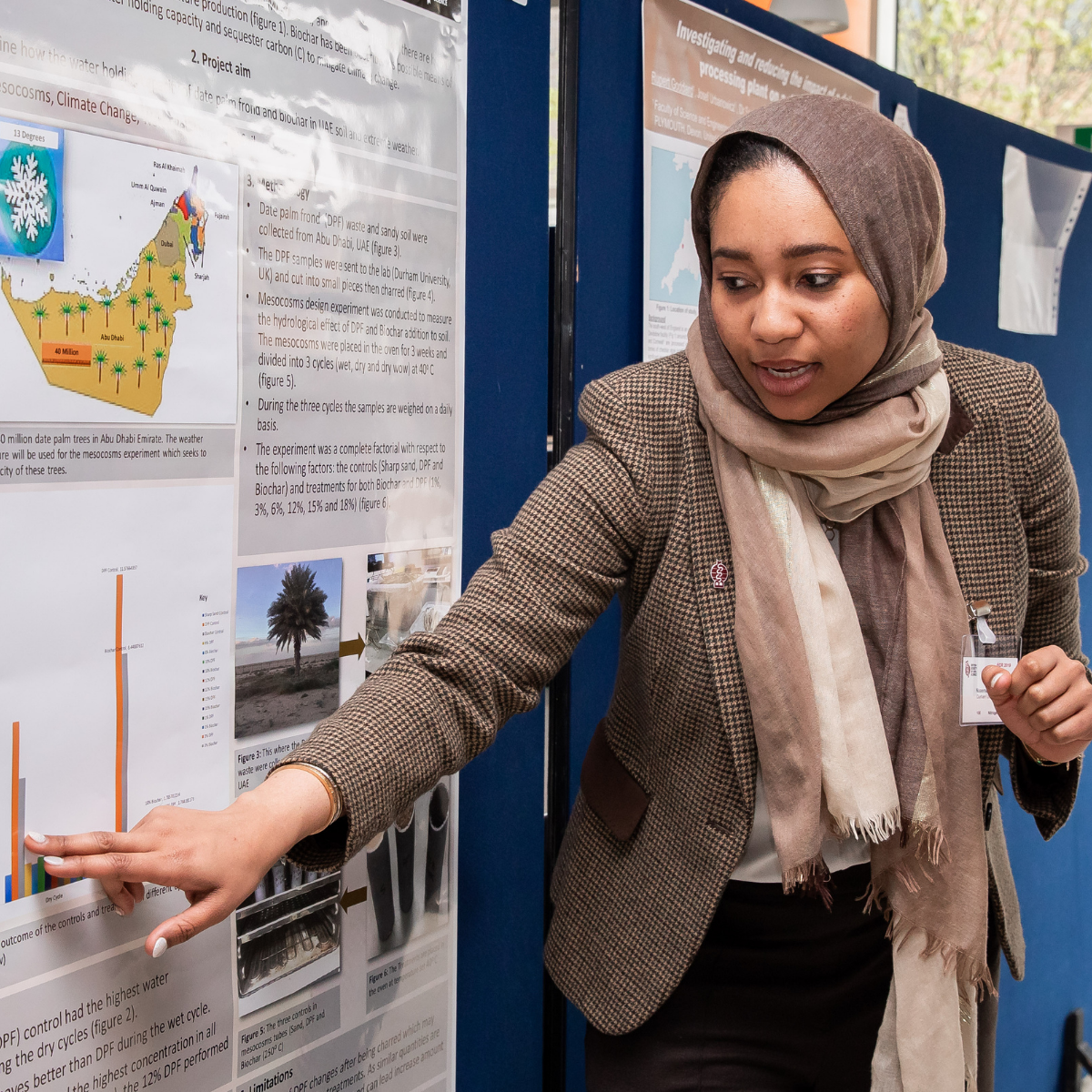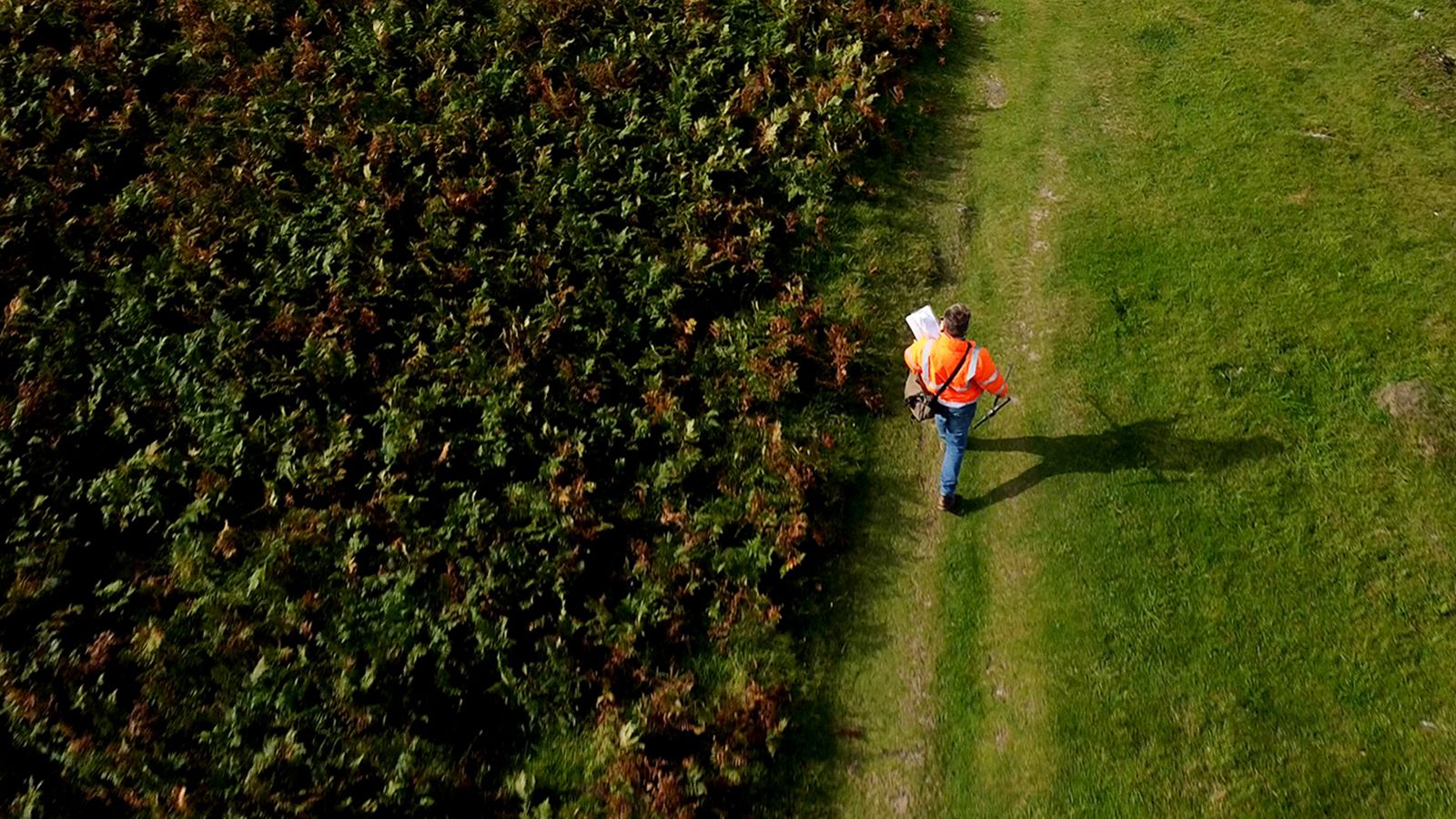Careers
Research & Teaching
There are opportunities for those with an interest in soil in a range of research and teaching roles.

Research
Are you interested in data and research?
Careers in research science or laboratory analysis might be for you! Both careers include spending time planning and carrying out experiments either individually or as part of a larger team. For these roles you need good attention to detail and to be able to follow a process: if you are carrying out experiments, it is important that each one takes place in agreed conditions.
Depending on your seniority, you might also be involved in publishing research in academic journals such as the European Journal of Soil Science or Soil Use and Management, spend time writing up reports or applying for funding from other organisations.
Research scientists focusing on soil can specialise in one of many different areas such as soil health, soil nutrients or impacts of climate change.
To access these careers, you would usually need a good honours degree in a related-science subject. Many employers would also require you to have a postgraduate degree or a PhD or would support you to gain the qualifications after offering you the role.
Teaching
Can you deliver an exciting presentation?
To become a university lecturer you would usually need a good honours degree in a related subject and often a postgraduate degree or PhD. Many employers will support you to gain qualifications after offering you the role.
If you would prefer to work with younger children, having an interest in soil science could help you to teach geography and science to primary, secondary and college aged children.
There are lots of routes into teaching. You can study for a teaching qualification as an undergraduate or train on the job in a school. Many people choose to study a degree in a subject which interests them and retrain as a teacher later in life by studying for a PGCE.


Soil Mapping
Do you like the outdoors? Are you digitally savvy?
A career in soil mapping might be for you! Soil mapping experts are employed by consultancies and research agencies to map the soil. You would use digital equipment, alongside traditional tools to assess the soil types in an area and create maps to support researchers, farmers and town planners. Having a thorough understanding of soil is essential for this role as soils can change over seasons, from place to place or over time due to erosion or climate change.
To work in soil mapping you would need to have an undergraduate degree in soil science or a related degree. Cranfield University hosts the UK’s National Soil Archive and has a number of tools on its website to find out more about soil mapping.
